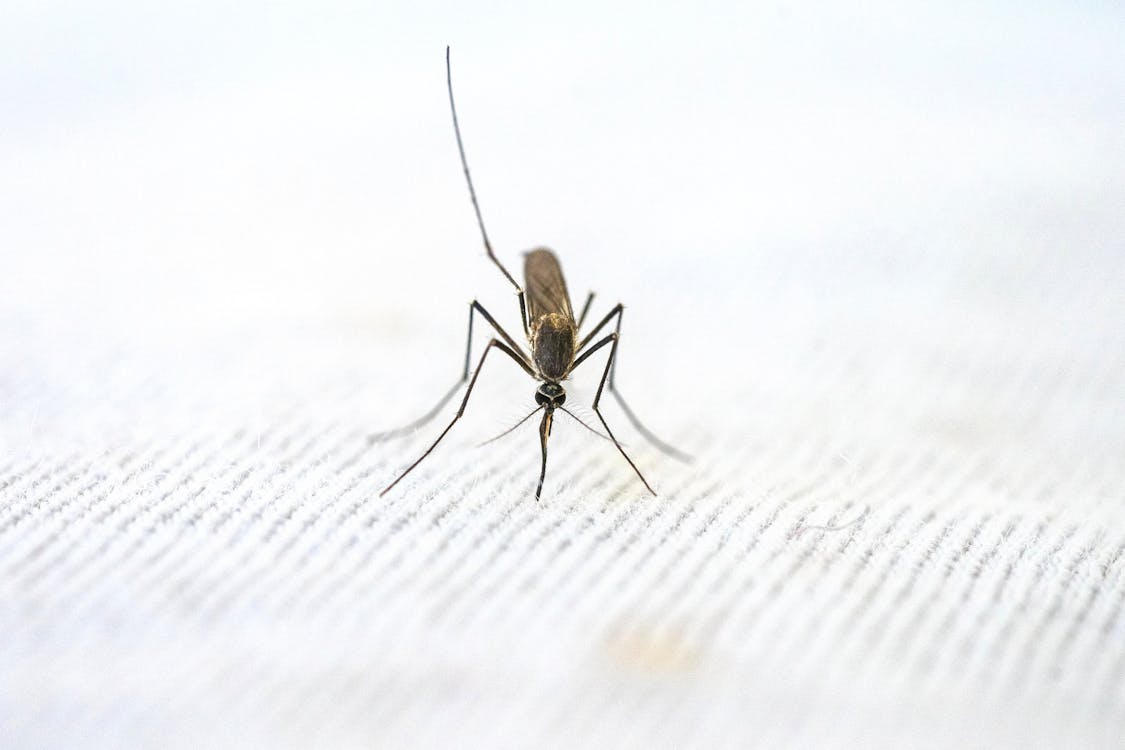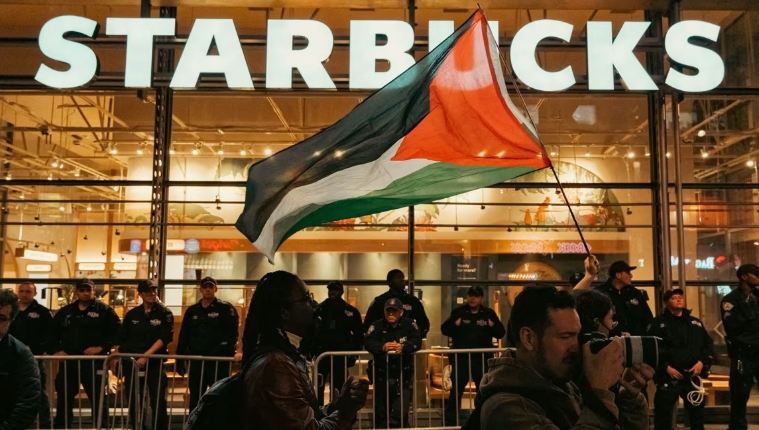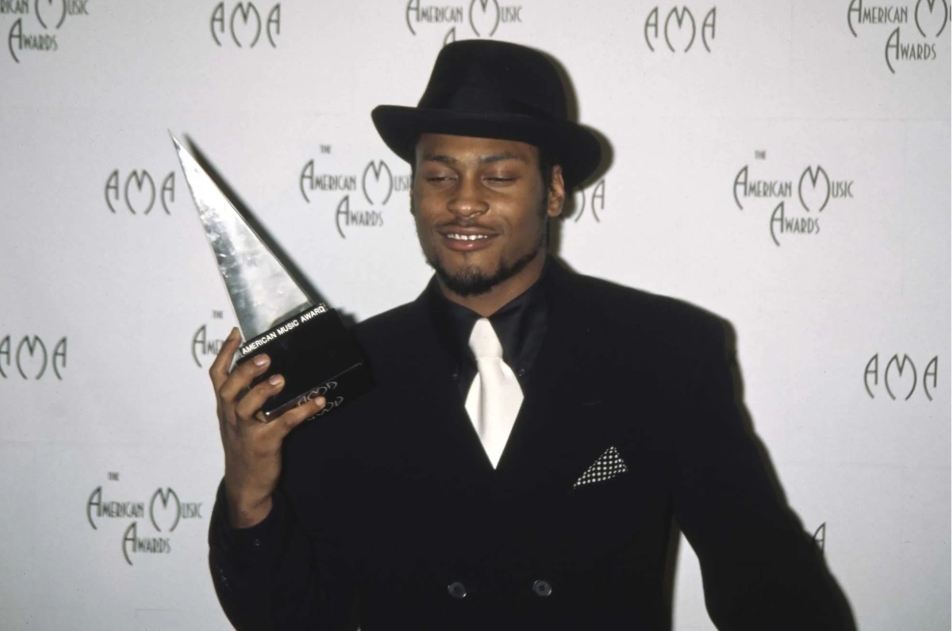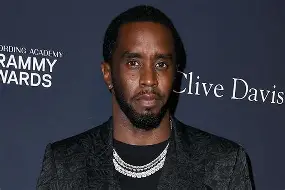The rise of the influencer apocalypse has long been considered the downfall of social media. While some sources agree with this statement, there’s the chance not all is lost. The influencer apocalypse refers to the change in process to become a social media personality. This is by no means a recent event, but an event that has continued since around post pandemic.
But first, let’s take a look at how easy it is to become an influencer. All the process is now, some random person buying a phone and having internet access. This has led to massive spreads of misinformation across the general population. Not to mention the random and sometimes outlandish opinions of people have shaped the public’s viewpoints. A couple of years ago, most influencers were actual celebrities, people like famous actors, singers, and writers. But often times their political opinions were seen as irrelevant, as people thought celebrities had no place in politics. However, this viewpoint has since changed because now more people have access to a camera, and an internet connection can say whatever they want. Of course, there are community guidelines on most apps, but it doesn’t always help this situation.
To clarify, not every person with the ability to post on social media is massively influential. While there are some people that have achieved mass influence, it rarely happens to everyone. Often times, the spotlight that influencers get is because they had a provoking opinion that gave that person clout.
However, the influencer apocalypse isn’t all bad, it creates a streamlined highway to information on the political sphere. Instead of digging deep into articles written by trained professionals, people get to watch a one-minute video for their daily news. This creates a cycle of information and sharing. Constantly getting information and sharing their ideas based on only a video that is a few minutes.
This is the true problem: people are often focusing on heavily-skewed viewpoints from random influencers and agreeing with them without doing second-hand research. This ultimately leads to the death of media literacy skills where instead of analyzing an argument and fact-checking, it creates a world where people are fed information and told it is accurate. The internet and especially social media are very dangerous places. But don’t be afraid, the influencer apocalypse isn’t going to be out to get you, as long as you know what it takes to be educated.
Some steps you could take to be educated while on social media are don’t trust everything you immediately hear on the internet, research a topic or idea that has been presented to you, and don’t like or comment about it instantly. Take a second and think, is this person underreacting? Or are they overreacting? These signs can be signs of content intended to rage bait or provoke consumers into believing misinformation.







